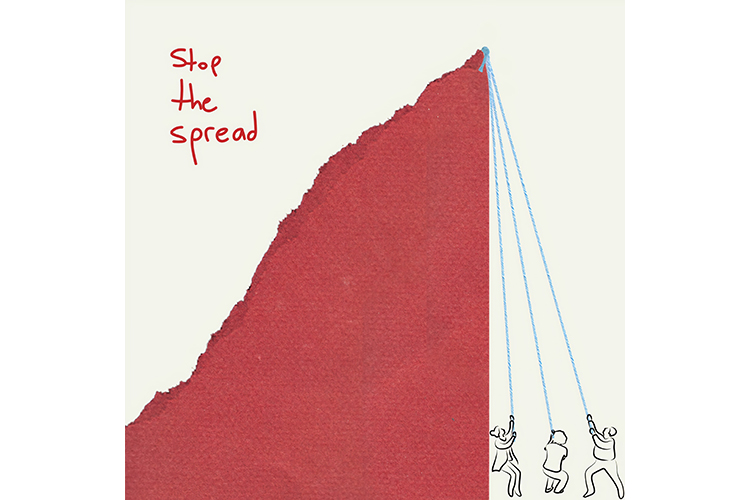Grant for research on group processes relating to Covid-19
Dr Fergus Neville in the School of Management and colleagues from other universities have won a UK Research and Innovation (UKRI) 'Ideas to Address Covid-19' grant.
Their project will explore ways of supporting and sustaining cooperation with public health measures during the pandemic. The research will build on existing knowledge of psychological group processes to address how to support and sustain social solidarity during the crisis.
An effective response to Covid-19 – understood to include adhering to lockdown guidance, wearing a face mask, not stockpiling supplies and future take up of a vaccine – depends on the public acting collectively and for the common good. This research will generate knowledge on the conditions which enable such collective action.
The three strands of the project will focus on:
- public health messaging
- mutual aid
- social relations in the security and civil contingency response.
Public participation in the form of community mutual aid groups has been a vital feature of the response and looks to be of continued importance to make 'test, trace and isolate' viable. The research will help us understand the factors that sustain such mutual aid groups and prevent them from being burned out.
The work will feed into recommendations which will be used by the relevant authorities in the UK as well as governments across the globe. The research will be vital in assessing how societies can be better prepared to cope with future mass outbreaks of diseases.
The project is a collaboration with Steve Reicher in the University of St Andrews School of Psychology & Neuroscience, as well as the Universities of Sussex, Keele, Canterbury Christ Church, and Oxford. The project also involves key partnerships with the Cabinet Office, Public Health England, and the UK Scientific Pandemic Influenza Group on Behaviours (SPI-B).

Image from unsplash courtesy United Nations COVID-19 Response